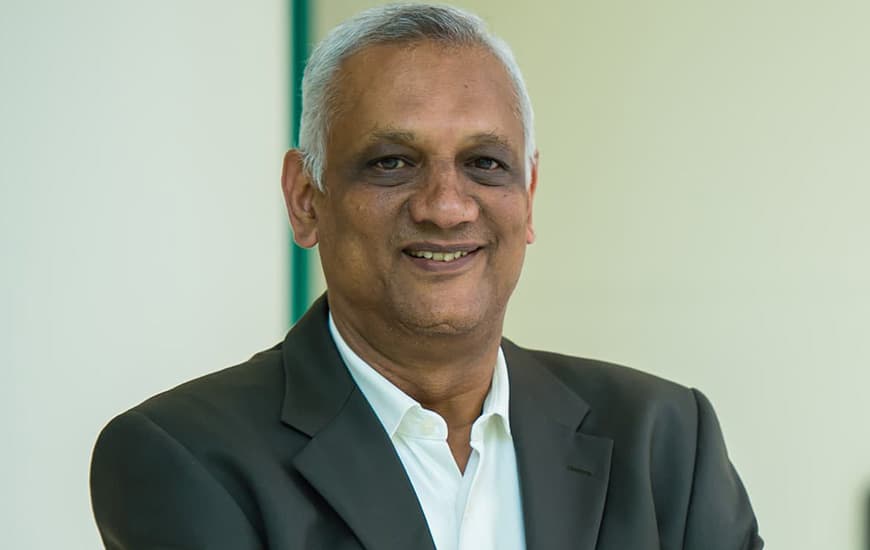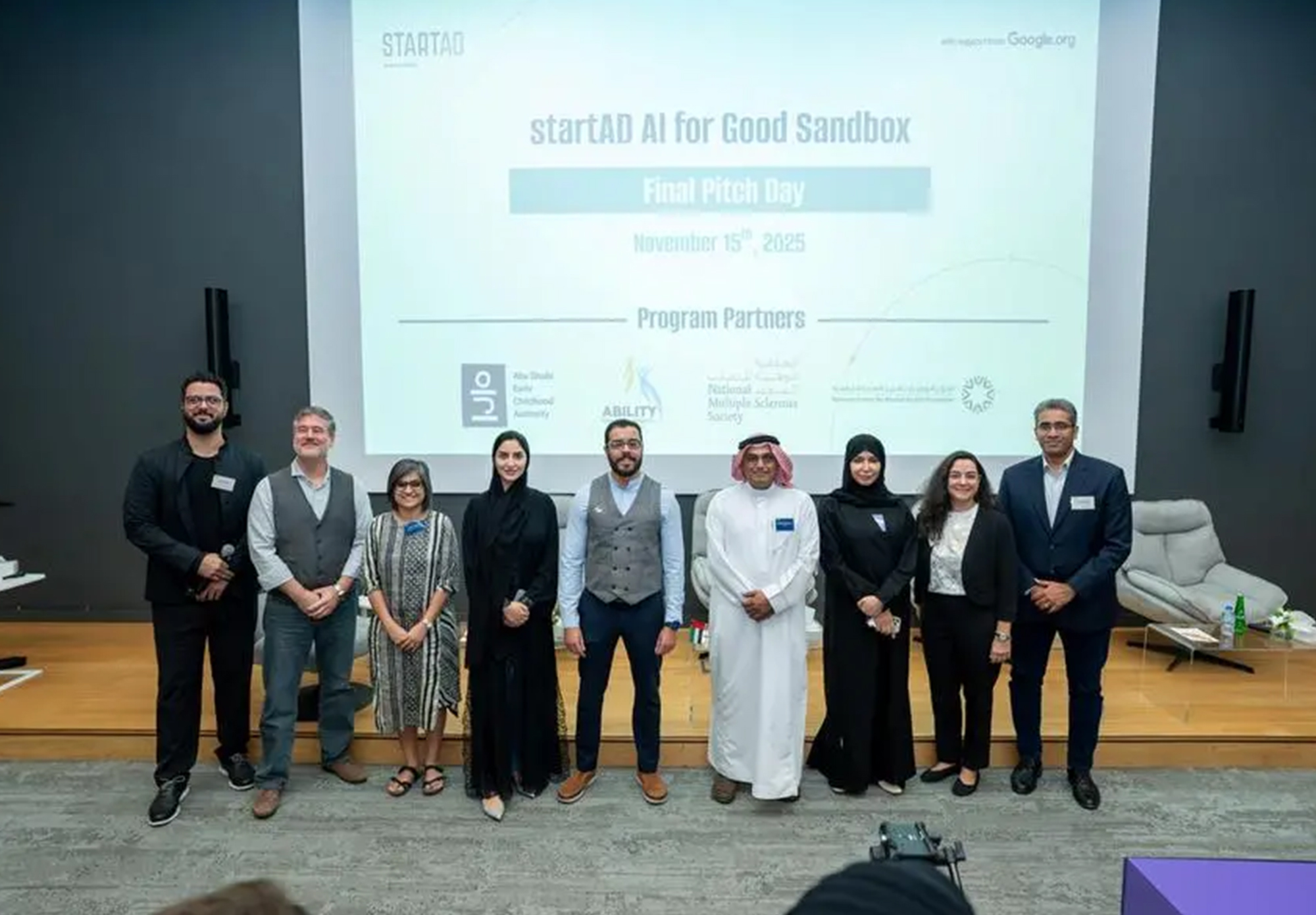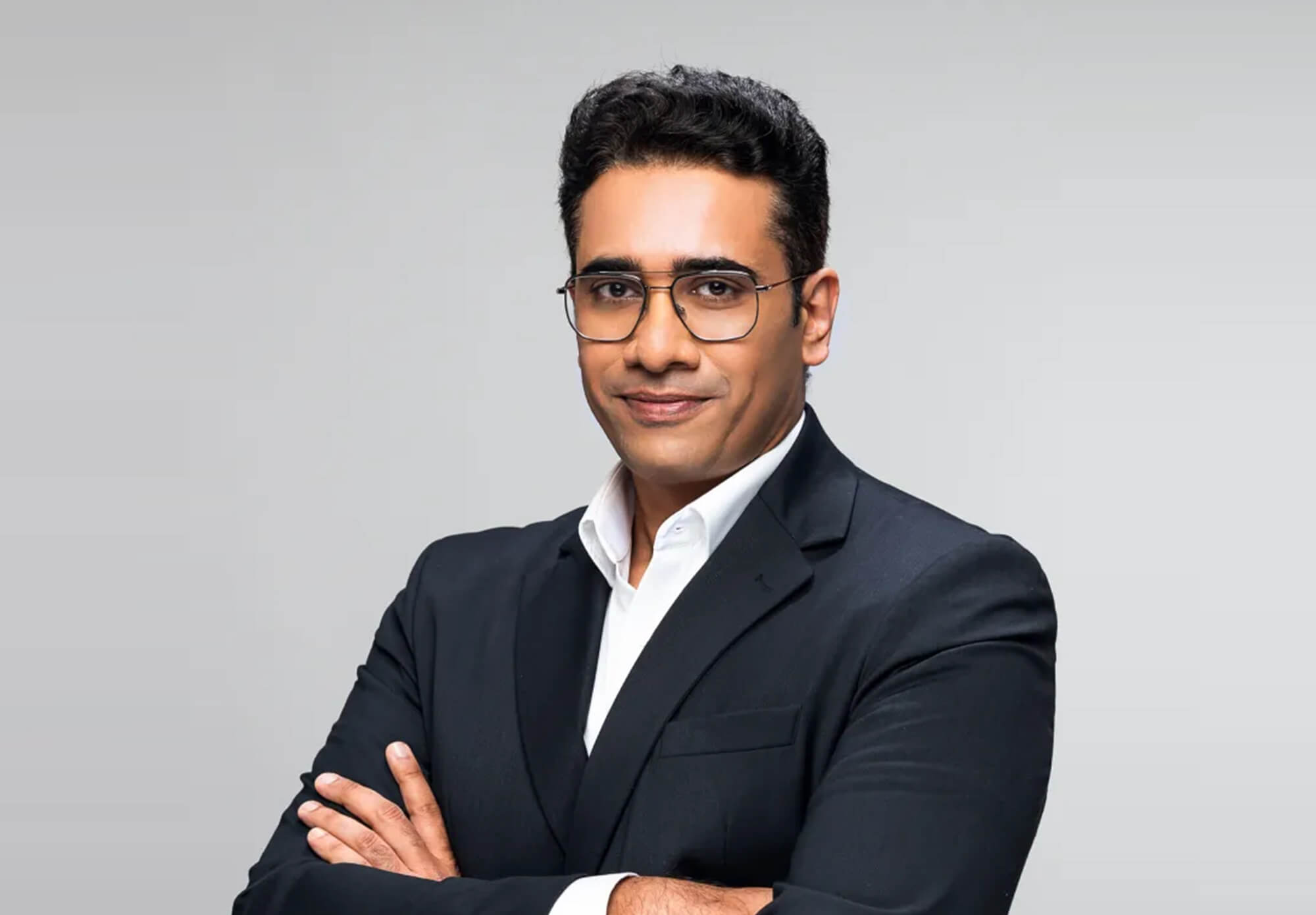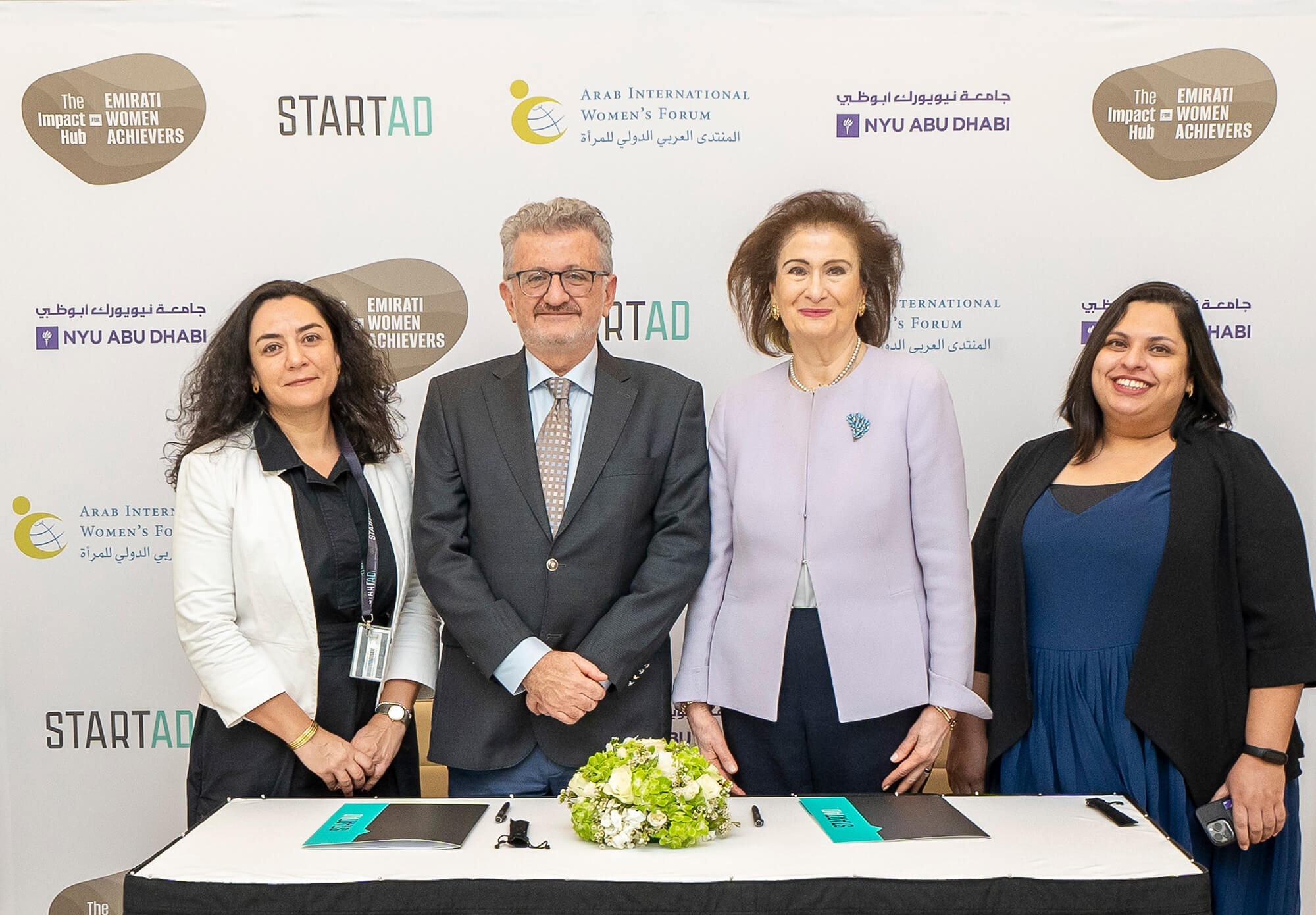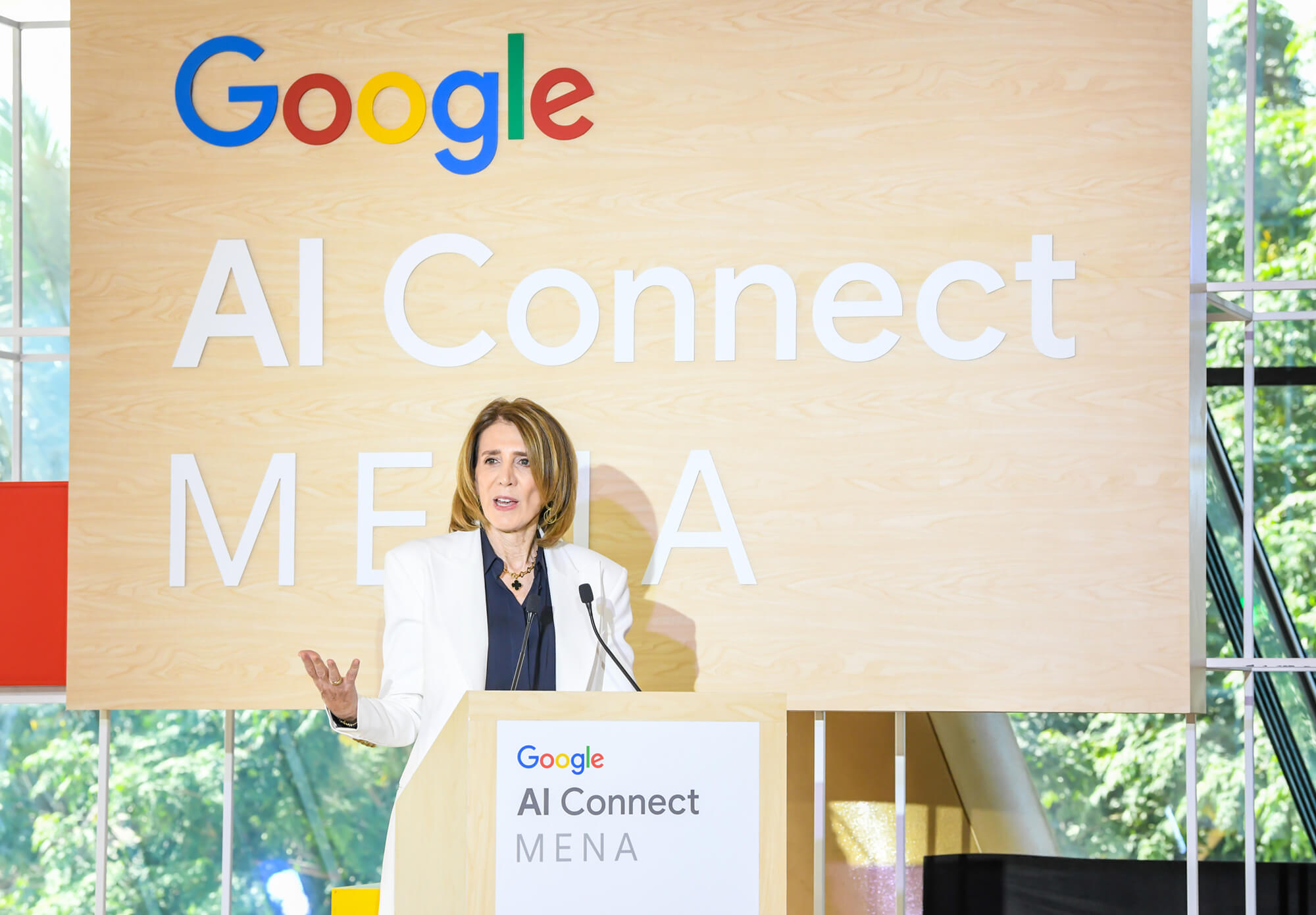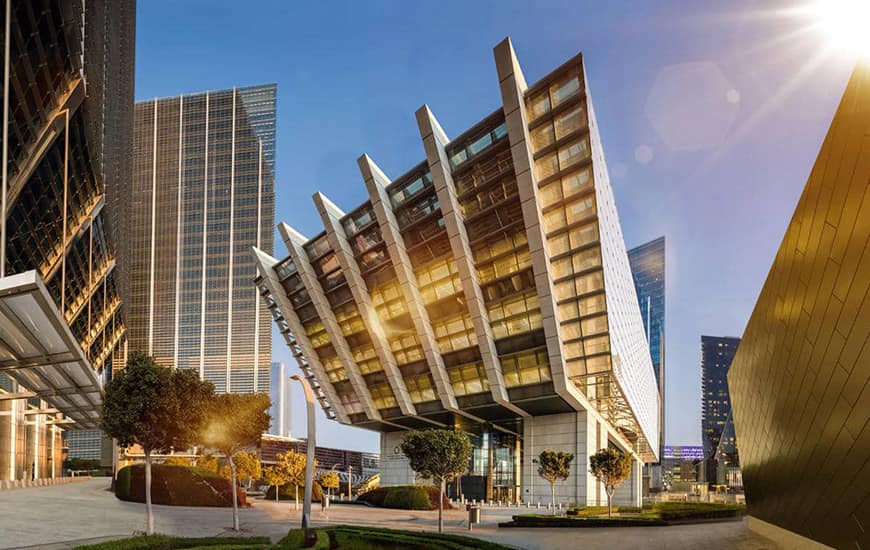
One silver lining to the dark cloud of the past 18 months is that Covid-19 accelerated the pace of investors looking for conscious investment strategies. According to one estimate, the value of sustainability-themed investment products – also known as ESG (environmental, social, governance) products – in global capital markets could rise from $51 billion in 2020 to $1 trillion by 2030.
There are multiple reasons for this growth, from the economic shock that prompted more forward-thinking diversification strategies, to a more nuanced recognition that the wellbeing of our people, our societies, and our planet are interlinked.
Our region is moving in line with this global shift. In a survey of Middle Eastern CEOs conducted by PwC earlier this year, 46 percent of regional respondents said they aim to increase investments in ESG and sustainability initiatives as part of their post-pandemic planning.
Let’s take a closer look at the factors driving this boom.
Youth priorities
The youth demographic is a huge driver of changing consumer habits and the rise in conscious investing. Studies show that millennial investors are nearly twice as likely as preceding generations to invest for specific environmental or social results.
These investors are digital natives who were born into an abundance of information that travels the globe at the speed of light. As a result, they understand the dangers of unethically produced food or the ramifications of fast fashion, to take two obvious examples. And they are more likely to vote with their dollars if companies are harming the world they will inherit because their future literally depends on it.
These investors also saw how businesses with a strong ESG foundation performed better during the pandemic, thanks to a culture of innovation that allowed them to adapt to changing circumstances.
And as the pace of technological change continues to increase in critical sectors – such as healthcare, education, agriculture, manufacturing, and retail – investors realise there are huge opportunities to be found in companies that embrace digital transformation as part of a coherent vision for the future, built on strong ethical foundations.
Environmental concerns
The second factor behind the conscious investing boom is a wake-up call around the stark realities of climate change. Indeed, 97 percent of issuers in the region who responded to the HSBC 2021 Sustainable Finance and Investing Survey said they had increased the attention that they pay to environmental and social issues over the past year. And 45 percent of issuers said they were already seeing the impact of climate change on their business or activities – up from just seven percent a year ago.
Both the UAE and Saudi Arabia recently committed to achieving net zero carbon emissions by 2050 and 2060 respectively, which will create profound challenges and opportunities across almost every area of the economy. To give one recent example from COP 26, which is taking place in Glasgow this month, the Agriculture Innovation Mission for Climate secured $4bn of increased investment to enhance resilience to climate change, including a $1bn contribution from the UAE.
This provides massive opportunities for sustainable foodtech companies in the region, and is further proof that the future belongs to companies that can provide sustainable solutions in whatever sector they operate.
Measuring performance
The question now is how to measure performance, so that investors can make wise and rational decisions.
In recent years, several common approaches have emerged for investors to assess the performance of a company across all three E, S and G principles. To define the overall rules and best practises of a company, the World Bank’s International Finance Corporation (IFC) Operating Principles, the United Nations’ Principles for Responsible Investment, and the European Venture Philanthropy Association (EVPA) Principles all offer excellent frameworks for organisations and investors to measure and manage their social impact.
To develop more specific methodologies, the Impact Management Norms’ Five Dimensions, Acumen’s Lean Data, and the UN’s 17 Sustainable Development Goals (SDG) Impact Practice Standards, are all helping build global consensus on how we talk about, measure and manage ESG risks and positive impacts.
And finally, to apply metrics to specific industries, themes and interventions, B Lab, IRIS+, Sustainability Accounting Standards Board (SASB) are all generally accepted system for measuring, managing, and optimizing impact.
Guiding investors in this region, the Abu Dhabi Securities Exchange (ADX) introduced ESG disclosure guidelines in 2019. Earlier this year, Dubai Financial Market (DFM) launched an ESG index to encourage ESG best practices, while KSA’s stock exchange, Tawadul, is expected to launch its own index.
All these initiatives have provided a basis for investment decisions that are helping to achieve a better and more sustainable future, around issues such as empowering women, ensuring biodiversity, and improved resource management.
Mentoring investors
To help educate investors understand these issues more deeply, the Conscious Investor Fellowship (CIF) is currently mentoring twenty fellows from across the GCC, including family office funds, venture capitalists, corporate and government stakeholders, on investing in impact-driven technology startups.
Supported by startAD, the Abu Dhabi-based startup accelerator powered by Tamkeen and anchored at NYU Abu Dhabi (NYUAD), along with VentureSouq, Wa’ed Ventures, the entrepreneurship arm of Aramco, King Abdullah University of Science and Technology (KAUST), and the United States Mission to the UAE, CIF equips changemakers with the right tools to invest in disruptive technologies that address global challenges including poverty, inequality, health, and climate change.
The time is right for such initiatives. One of the goals of COP26, the UN climate conference, is to pave the way to making sustainable business activities more identifiable to investors.
This would be an exciting development considering that 80 percent of UAE investors want to make the world a better place. Now, more than ever before, they have a compelling business case to do so – and the tools to do it effectively.

